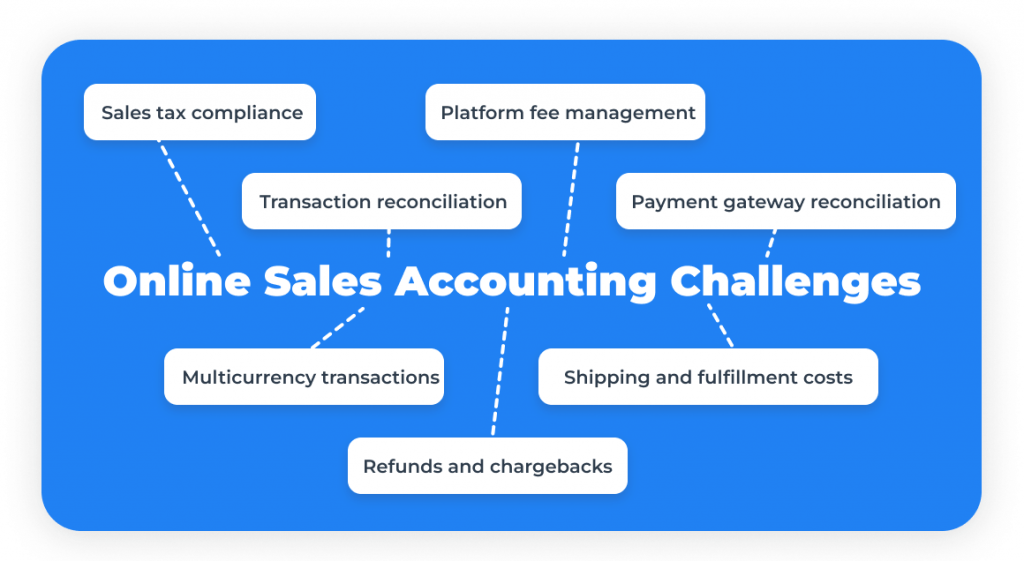Accountants worldwide do the happy dance and take a collective sigh of relief once tax season is finally behind them. After the long nights, filing deadlines, and stacks of paperwork, the question is: now what? It’s tempting to just kick back and enjoy the calm after the storm, but this post-tax season period isn’t just for catching one’s breath – it’s also the perfect time to level up client relationships.
Recently, in Synder’s webinar, we shared insights on how to capitalize on the moment and transition away from compliance-focused duties, how you can elevate your client relationships and prove to them that you’re a lot more than their tax-season savior.

Featured guest:
Geni Whitehouse, CPA, is an author and founder of The Impactful Advisor, a mission-driven organization to transform accountants into trusted advisors. With over 20 years of experience, she’s known for making accounting engaging and empowering professionals to communicate better, connect deeper and create real impact.
Contents:
Post-tax season client engagement: Time to ask deeper questions
So, tax season is over. The returns are filed in, the extensions sent out, and maybe even a little party thrown to celebrate the survival of yet another year. Now, however, is the time to get back into the game. As Geni points out, “Once it’s over, we can step back and ask ourselves how we can better serve our clients.” Rather than using the typical script, wouldn’t this be an excellent time to ask your clients questions with a deeper meaning?
When was the last time you talked with your clients about their business goals? “We need to stop just asking for documents and start asking about their dreams,” Geni said. It’s time for more than just paperwork and finding out what keeps them up at night (besides waiting for that tax refund). The more you know about their aspirations, the better you can guide them toward their goals and position yourself as a partner in their success—not just the person they call in a panic every April.
Helping clients with online sales
Let’s get real: ecommerce is booming. Recent studies show that, with over one-third of the world’s population purchasing something online, ecommerce has grown into a $6 trillion industry and is on course to hit $8 trillion by 2027. And all this sounds fabulous—until your clients start drowning in online sales headaches.
Everything, from sales tax compliance to reconciling transactions on all those different platforms, can be really a headache. “Many businesses set up online stores without understanding the complexities involved,” Geni noted. It’s not just about clicking “Add to Cart” but having to handle different fee structures, payment gateways, and keeping up with sales tax across who-knows-how-many states.
So let’s discuss some of the major accounting pain points related to ecommerce businesses.
Online sales accounting challenges:

- Sales tax compliance: Following all the different tax rates and rules concerning sales, as required by different states and jurisdictions.
- Transaction reconciliation: Aggregating and reconciling sales from various sales platforms like Amazon, Shopify, eBay, etc.
- Platform fee management: Recordkeeping of different fee structures of various sales platforms and marketplaces.
- Payment gateway reconciliation: Dealing with discrepancies in payment processors—Stripe, PayPal, or credit card transactions.
- Multicurrency transactions: Maintaining conversions of currency for international sales with regard to exchange rates.
- Shipping and fulfillment costs: Accurately booking actual shipping cost and related expenses.
- Refunds and chargebacks: Processing returns, refunds, and chargebacks and correctly updating those in the books.
And now it’s time to learn how you can tackle those online sales challenges in accounting.
Addressing these pain points: Synder’s impact
Chances are, every accountant has had that “Are you kidding me?” moment, at least once, in an attempt to untangle the chaos of online sales, whether dealing with reconciliation discrepancies or data inconsistency from different platforms. And Geni shared hers: “It was a mess—trying to reconcile sales across platforms, account for payment processor fees, and get everything to match in QuickBooks.”
Fortunately, Synder turns that chaos into a well-oiled machine and automates the most complex of tasks. “Synder changed my life, and I’m sure it’s changing the lives of many business owners and accountants every day,” Geni says.
Synder goes way beyond the simple aggregation of transaction data from 30+ sales channels and payment platforms into accounting software such as QuickBooks, Xero, or Sage Intacct. It addresses other key challenges of online sales accounting:
- Automatically calculates sales tax based on complex location-based rules, ensuring compliance across multiple states and jurisdictions.
- Handles platform fees from marketplaces like Amazon, Shopify, and eBay.
- Manages multicurrency transactions using exchange rates from connected payment processors.
“Synder takes the nightmare out of reconciliation, saving time and headaches.”
Geni Whitehouse, CPA
By streamlining these processes, accountants can reduce errors and ensure that all the details are recorded accurately. Free from these manual chores, accountants can now concentrate on becoming trusted strategic advisors to their clients: interpreting financial data, advising on better cash flow, and how to improve business results.
Want to give Synder a test drive? Sign up for a 15-day free trial or join our Weekly Public Demo for a complete walkthrough of Synder’s powerful features.
Customizing data and educating client teams
Okay, so you helped your clients to get their sales reconciled, but there’s more about it than just numbers. It’s also about making sure data will flow smoothly between systems, and educating your clients’ teams on what that means. Customizing data integration workflows can make all the difference, with Synder offering flexible options to bring in as much or as little detail as desired.
“You don’t need to replicate every little detail in every system. Synder lets you decide how the data comes over, which helps keep things streamlined instead of creating a data traffic jam.”
Geni Whitehouse, CPA
But let’s not stop at data. How many of your clients’ teams could confidently explain what a balance sheet is? “You’d be surprised how few clients actually understand a balance sheet,” Geni pointed out. Training their teams on how day-to-day actions impact the company’s bottom line can lead to big improvements.
The impact of sales analytics on client success
Sales analytics may sound boring, but trust us, this could make a huge impact on the whole business. The numbers tell a story, and you’re the narrator. Geni introduced the “profit equation” model, which breaks down the drivers of revenue to show how small changes can have big effects. This model looks at key drivers like how many days one opens their business, the volume of customers, and the conversion rate of those customers into buyers.
For example, Geni highlighted how this would have a marked effect on revenues if only one extra person out of the 22 customers made a purchase by increasing the conversion rate: “I take the tasting room staff at wineries through the numbers and show them how getting just one more person to buy can make a big difference.” It’s like giving them a behind-the-scenes look at how the sausage—or in this case, the wine—gets made.
That it’s that kind of information that one should provide to employees who can actually affect sales. Once the staff starts to see how they’re impacting the bottom line in your business, they also start wanting to improve their performance.
In a nutshell, you as an accountant don’t just process data; you show your clients how everyday actions can influence sales and profitability to arm them with the means to drive growth. Whether figuring out how to get more customers buying, setting better prices, or discovering which products sell like hotcakes, these kinds of insights can help clients make smarter decisions. When the results start rolling in, they’ll know who to thank.
Conclusion: Elevating your role beyond tax season
So, here’s the deal: while tax season may be over, your chance to make an impact is just getting underway. With intelligent advisory services, actionable sales analytics, and such striking tools as Synder, you’re all equipped to go from compliance pro to trusted advisor. The time has come to prove to clients that you aren’t just a phone call away at tax time, but you’re their go-to business builder throughout the year.
Take another post-tax season to redefine how you interact with clients, ask better questions, and deliver insights that matter. In fact, because your clients don’t need someone who can just file forms—they need someone who will take their business to the next level. And if you approach things the right way, that someone could very well be you.
Share your thoughts
How do you engage with your clients after tax season? Share your ideas and experiences with us—we’re all about learning from each other!







Thanks for the article! This tax evasion warning will be useful for my own personal tax advisory UK business.
Thank you, David!